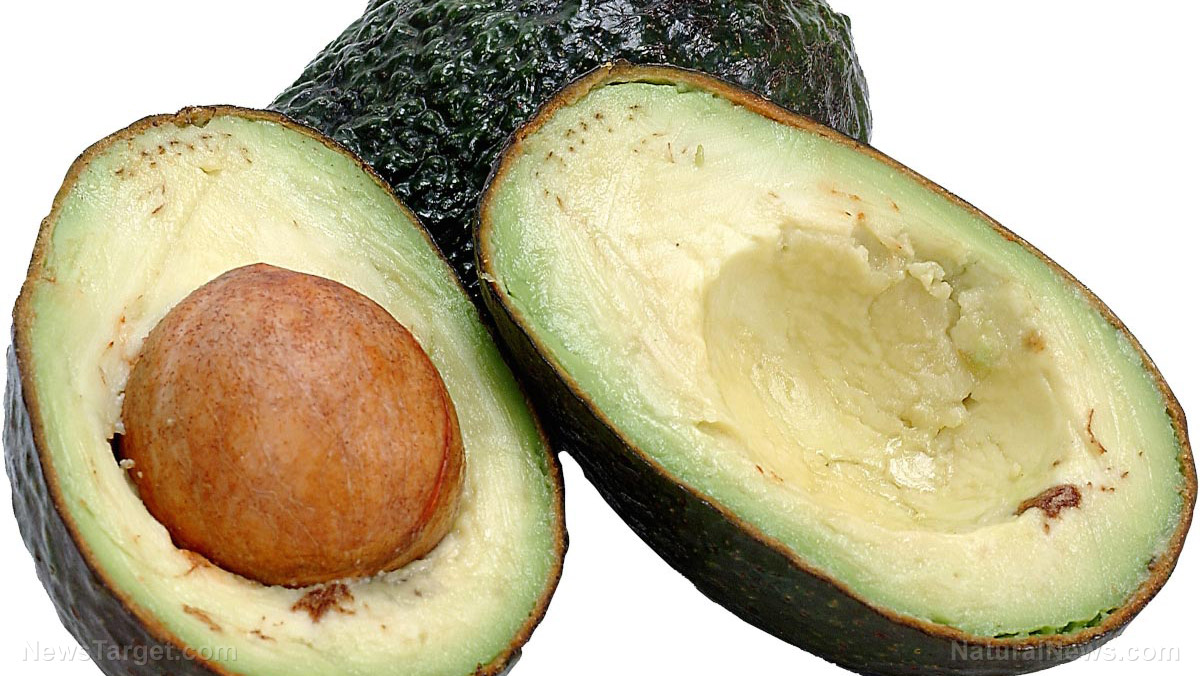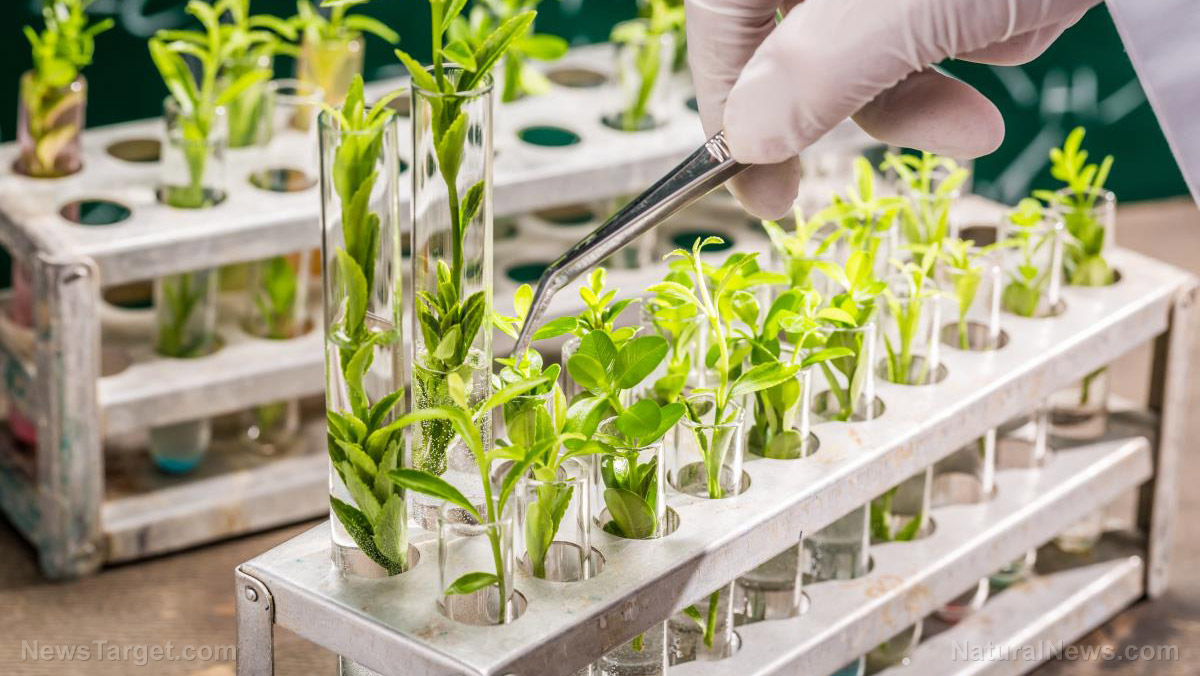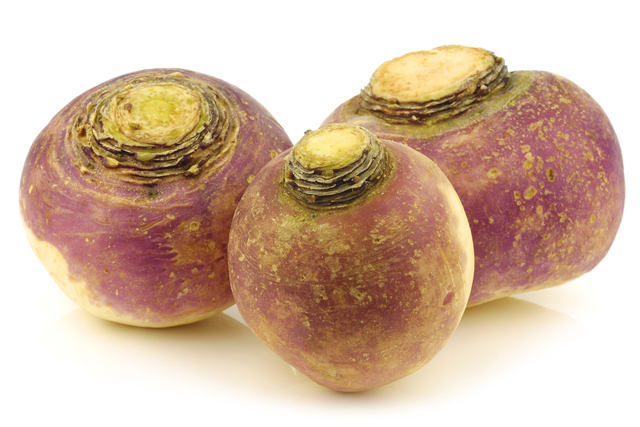Lutein in avocados found to protect the brain from effects of aging
08/09/2017 / By Jhoanna Robinson

A new study showed that while green leafy vegetables such as spinach and kale are a staple food of people who are looking to stay fit, they can also be used by people who are looking to retain their brain power. According to the study that was published in Frontiers in Aging Neuroscience and was conducted by researchers at the University of Illinois at Champaign-Urbana, this was because these vegetables contained lutein, a carotenoid that, along with zeaxanthin, is usually associated with vision health.
Lutein cannot be manufactured by the body alone, and so must be obtained via diet.
“Since lutein can be directly and non-invasively measured in central nervous system tissue (the retina), and its levels correlate strongly with dietary intake, serum levels, and brain concentrations, it provides a powerful biomarker and means of testing how diet might influence the brain,” Dr. Naiman Khan, professor of kinesiology and community health at the University of Illinois at Champaign-Urbana said.
“As people get older, they experience typical decline. However, research has shown that this process can start earlier than expected. You can even start to see some differences in the 30s. We want to understand how diet impacts cognition throughout the lifespan. If lutein can protect against the decline, we should encourage people to consume lutein-rich foods at a point in their lives when it has maximum benefit,” said first author and postdoctoral scholar Anne Walk.
“Now there’s an additional reason to eat nutrient-rich foods such as green, leafy vegetables, eggs, and avocados,” Dr. Khan said. (Related: Lutein boosts eye health, preventing cataracts and macular degeneration.)
How the study was conducted
The researchers analyzed the mental capacity of 60 adults between the ages of 20 and 45 – those that had high levels of lutein in their brain and eyes, and those who did not.
Carotenoid levels were measured by identifying the levels of macular pigment optical density (MPOD), which shows lutein levels in the brain. It was done by letting participants look into a scope and respond to a flickering light. Also, event-related brain activity was monitored by placing electrodes on participants’ scalps during the performance of cognitive control tasks and was used to assess the level of cognitive function.
The study found out that although younger adults showed larger P3 – an event-related potential component elicited in the process of decision-making – amplitudes than their older counterparts, older paticipants who had higher MPOD levels displayed P3 amplitudes that are similar to the younger participants.
Previous studies have already pointed to the relation between higher lutein levels and sharper cognitive performance in senior adults, so there was basis to conduct the same experiment on middle-aged people.
“The neuro-electrical signature of older participants with higher levels of lutein looked much more like their younger counterparts than their peers with less lutein. Lutein appears to have some protective role, since the data suggest that those with more lutein were able to engage more cognitive resources to complete the task,” Walk said.
According to the United States Department of Agriculture, the vegetables that have the highest amounts of lutein, in milligrams, include kale (23.7), spinach (20.4), Swiss chard (19.3), mustard greens (14.6), turnip greens (12.2), collards (11.8), garden cress (11.3), dandelion greens (9.3), green peas (4.2), summer squash (4), beet greens (2.4), Brussels sprouts (2.4), sweet corn (2.2), and broccoli (2.1).
Read up on more stories such as this one at SuperFoodNews.com.
Sources include:
Tagged Under: avocado, beet greens, broccoli, Brussel sprouts, cognitive quality, collards, dandelion greens, garden cress, Green leafy vegetables, Green peas, kale, lutein, mustard greens, spinach, summer squash, sweet corn, swiss chard, turnip greens




















